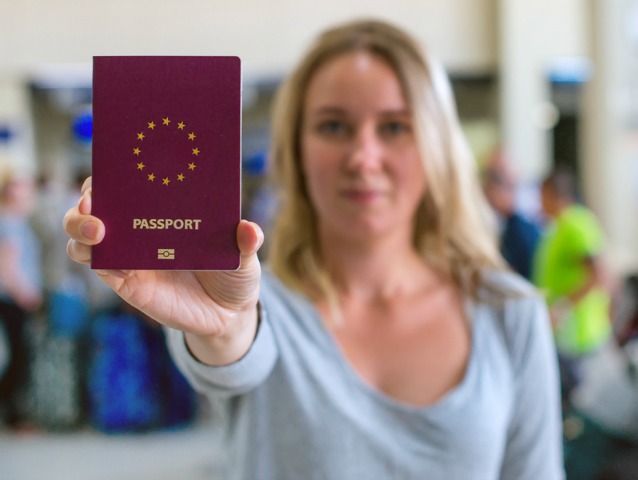
How could Brexit impact international students?
Importantly, the UK’s status in the EU and its relationship with other member states will not change overnight.
It will take a minimum of two years for the UK to leave the EU and much has to be negotiated in the meantime.
However, the impact on the economy and the pound is already noticeable. Although the pound has already recovered slightly after an initial fall of more than 10 per cent, it is possible that it will remain weak against other currencies, impacting both outgoing and incoming international students who pay, or expect to pay, tuition fees in a currency other than their own.
Until the UK negotiates deals with the EU, questions about the logistics of student movement between the UK and the rest of Europe remain to be answered. There are worries, particularly among students, that they will find themselves paying higher fees for “international students” rather than the EU rates when they travel from or to the UK to study, and that there will be visa restrictions.
A spokesperson from the British Council who provides help and advice for international students looking to study in the UK, said: “As the UK’s international organisation for cultural relations and educational opportunities, the British Council has been working with our European neighbours for over 80 years and we will continue to do so.
“We have always believed in the strength of engaging with multilateral institutions and we will find ways to continue to work in partnership with other European countries and with EU institutions to create opportunities to build connections and engender trust.”
Some non-EU countries, such as Norway, Switzerland and Turkey, nonetheless participate in the Erasmus+ scheme that facilitates study abroad opportunities for students in Europe.
A spokesperson from Erasmus+ simply commented: “We are working with colleagues in government and beyond to assess [our] next steps and will communicate further.”
But Fernando M Galán Palomares, the president of the European Students’ Union, said that he expects student mobility between the UK and the rest of Europe to decrease dramatically due to higher tuition fees, “hostile visa regulations” and decreased access to healthcare and work opportunities.
He said: “This will have financial consequences for UK higher education, as highlighted by Universities UK, but will also reduce the diversity of our campuses, limiting the opportunities for students to study alongside students from around Europe, which will undoubtedly result in lower cohesion and diversity.
“UK universities will also face a financial loss in their incomes from EU programmes, which may end up in an increase of tuition fees in order to compensate.”
Nonetheless, Mr Palomares shared his hope that students in the UK and the rest of Europe will continue to stand in solidarity.
“Students across Europe recognise that cooperation and unity are the foundations of a peaceful and progressive Europe, and students have a responsibility to now be at the forefront of unifying in the face of hate and fear,” he said.
The National Union of Students in the UK expressed disappointment at the referendum result and urged the government to listen to student voices.
Megan Dunn, the outgoing NUS national president, said: “We have urgent questions about how the vote to leave will affect students, particularly EU students in the UK and UK students studying in the EU, and call on the government to offer clear assurances to them about their situation.”
Brexit and European students facts
- There are more than 120,000 EU (non-UK) students in the UK as of 2014-15
- Non-UK EU nationals represented 6.4 per cent of all full-time undergraduate and postgraduate students at British universities last year
- The UK will remain a member of the EU for a minimum of two years after Article 50 is activated to begin the formal process of leaving the union
- It is unlikely that EU students already in the UK when it formally leaves the EU will change status with respect to visa requirements or tuition fees
- However, students may incur higher “international student“ fees and visa restrictions if they enrol after the UK leaves the EU
- The UK could still participate in the Erasmus+ study abroad scheme, but this is not guaranteed
Please confirm If you want to unregister
You have been unregistered from gradlink







